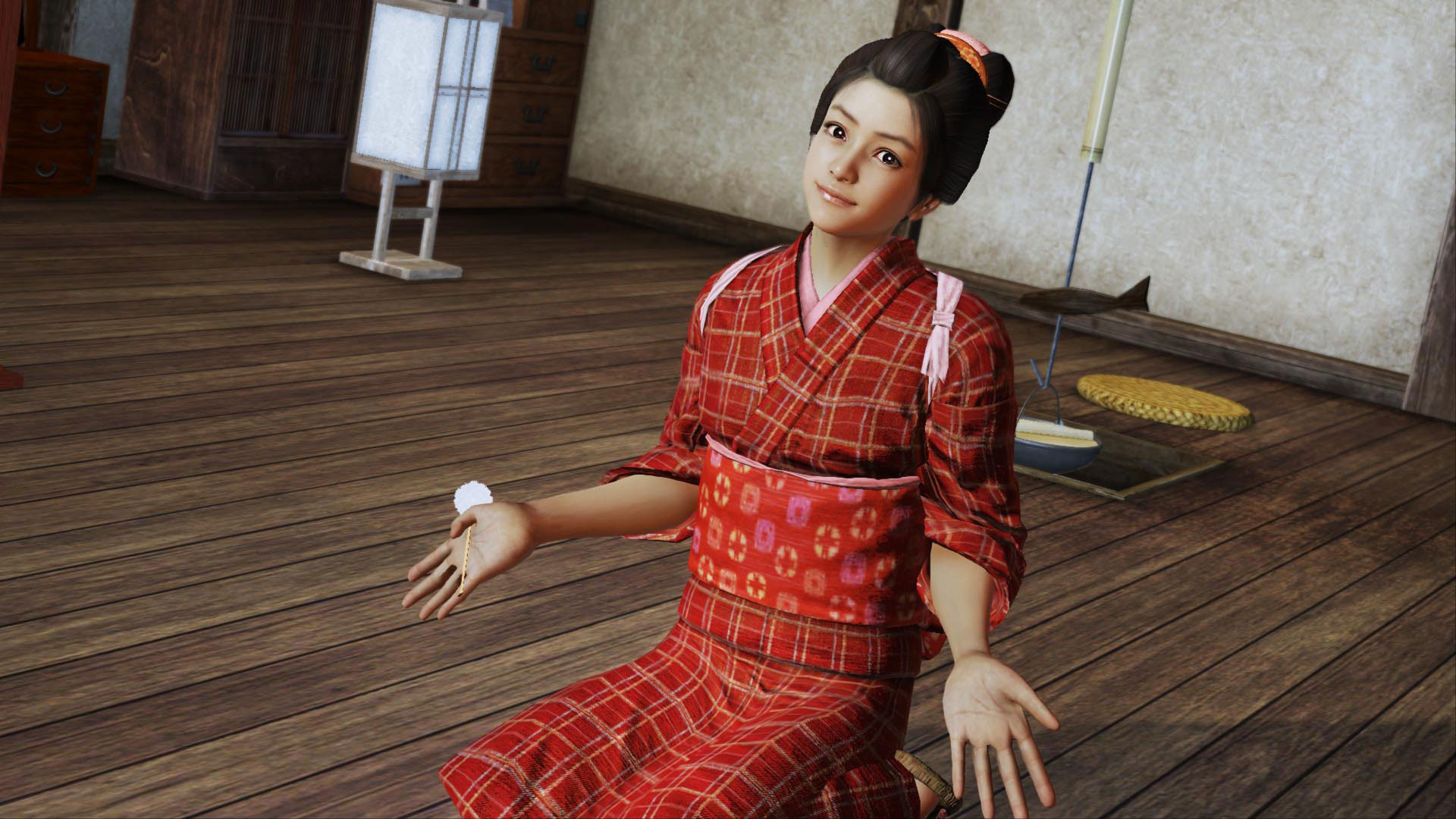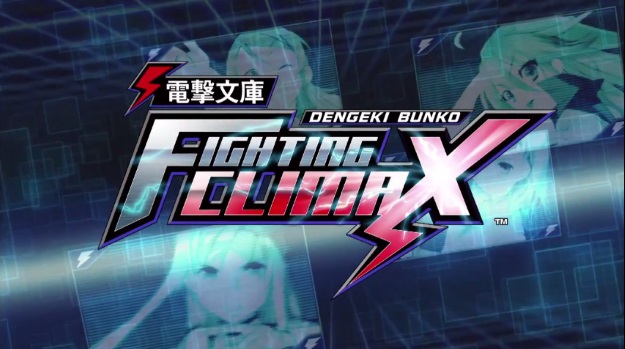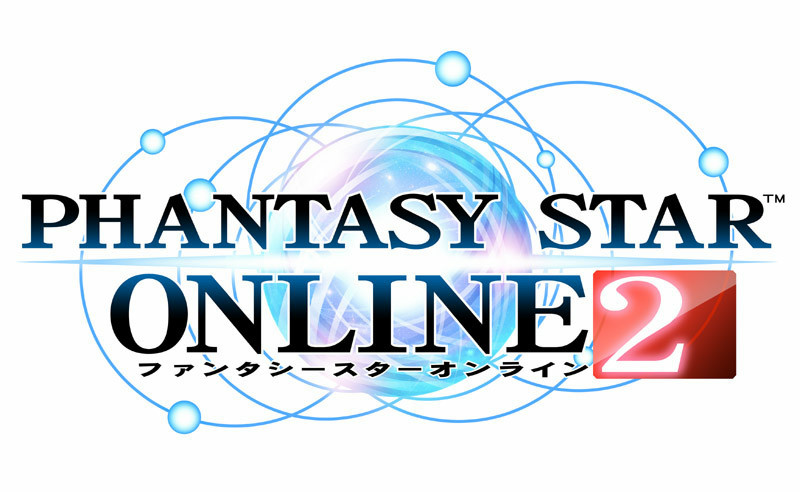Sam Mullen of Sega spoke at length with EventHubs in a recently published interview about the localization process of Dengeki Bunko: Fighting Climax, among other subjects.
One of the more interesting comments involves part of Mullen’s motivation for supporting the localization of DBFC; he notes that when he became aware of the game’s development at around 2012, Sega as a company lacked for well-known 2D fighters. I’ve taken note of this too actually and I share the exact same sentiment. One thing about 2D fighters is that they’re easily accessible, in part due to the already existing prominence of franchises like Street Fighter, the Versus games made by Capcom, Mortal Kombat, and the Arc Systems Works fighters Guilty Gear and Blazblue. What with DBFC’s popular characters and ease of entry, Mullen thought DBFC had great potential for the West.
Games that feature characters across a large amount of franchises tend to invite discussion on the difficulty of licensing characters and how that might impact either roster choices or localization chances, but Mullen also notes that licensing is less of an issue than it otherwise might have been in another game considering all characters here are a part of the Dengeki Bunko imprint. Later in the interview Mullen does say that some aspects of the localization (as far as translating, and understanding what sort of references characters are making, and the fact that some of the source material hasn’t made its way West in an official capacity) were difficult and required some research!
With Valkyria Chronicles’ success on Steam, EventHubs asked Mullen about DFBC and Sega’s thoughts on PC support moving forward. The issue of PC support for fighting games is a recurring one. While arcades and consoles are generally seen as the primary platforms for the genre, we’ve seen more initiative from companies like Capcom and Arc System Works on this front over time. Mullen acknowledges that PC is a growing platform, but also stated that PC as a platform isn’t as strong in Japan. This was actually in response to other comments made by the interviewer that touched on the idea that Sega West and Sega of Japan would seem to have different game development plans for PC. Mullen also added that generally Sega’s localization team opts to localize products on platforms that Sega of Japan has already developed, with the idea of minimizing release delays from adding other platforms.
EventHubs also broached the subject of Ignition, the expanded release of DBFC. Mullen says that Sega is going to focus on supporting DBFC first and then make a decision on where to move with Ignition. Mullen also says that he’s aware that there’s a tendency for some fighting game players to opt not to purchase a game in anticipation for an expanded release in the future.
Speculative on my part, but it would seem to me that Sam Mullen has some pulse on fighting games and the communities that develop around them. He was present for EVO 2015 and has been present for smaller DBFC tournaments for conventions he’s attended. He also acknowledges a bifurcation that often happens with fighting games – the hardcore audience that enjoys technical or competitive play, and a softer audience whose primary interests lie with character personalities and relationships, story or dialogue, and music or art (though not to say that there’s no overlap, as people often taken interest in “both sides” too.) In any case, having some familiarity with particular genres would seem to make it easier to plan on how to handle its release!
This is by no means a complete summary of the interview, and I encourage you all to read the EventHubs link if you haven’t done so!



